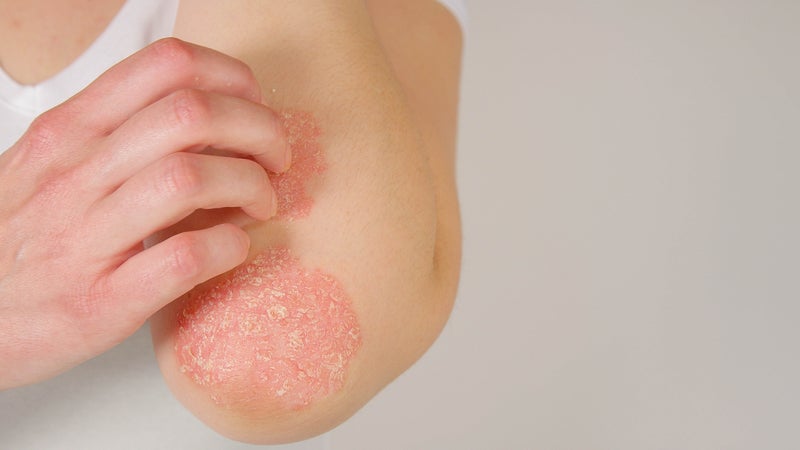Psoriatic arthritis (PsA) is a chronic form of arthropathy commonly associated with psoriasis (PsO). PsA is estimated to affect up to 30% of patients with PsO and up to 1% of the global population. PsA is an incurable chronic condition and the current therapies seek to minimize joint and skin symptoms of the disease. Historically, the standard of care has been initial treatment with a conventional synthetic disease-modifying anti-rheumatic drug (csDMARD) such as methotrexate, followed by biologic treatment, typically in the form of tumor necrosis factor (TNF) inhibitors. However, in recent years therapies with alternative mechanisms of action have been steadily gaining traction, including notable additional classes of anti-interleukins (such as IL-17 and IL-23 inhibitors) and oral Janus kinase (JAK) inhibitors.
The current pipeline builds upon the drug classes of the already approved therapies, with anti-interleukins being the furthest along in development. JAK inhibitors also constitute a significant portion of the pipeline, with three candidates in Phase IIb or III of development. Currently Xeljanz is the only JAK inhibitor approved for PsA, so the clinician armamentarium is expected to expand significantly in the next few years. However, it is unclear whether any of the new therapies will have improved safety and efficacy profiles compared to the therapies already available. Across the seven major markets (7MM: US, France, Germany, Italy, Spain, UK, Japan), there are 15 therapies already available, so these late market entrants may struggle to gain traction in this crowded field.
Figure 1 (below) shows the current therapies in clinical development for PsA.

Despite both the recently approved and late-stage pipeline therapies, the PsA global market will experience only moderate growth due to the launch of multiple biosimilars over the next 10 years, particularly those for TNF inhibitors. The biosimilars are expected to be approximately 20% discounted compared to their bio-originator counterparts and are expected to solidify the TNF-inhibitor class’ position early in the treatment paradigm. All the pipeline products mentioned will likely be prescribed late in the treatment paradigm, typically after failing one or multiple TNF inhibitors. Therefore, it is unlikely that TNF inhibitors will be unseated as first-line biologic therapies. Overall, the growth of the PsA market in the 7MM over the next decade will be significantly tempered by the high cost of drugs, biosimilar erosion, and clinician familiarity for the already available TNF inhibitors.

US Tariffs are shifting - will you react or anticipate?
Don’t let policy changes catch you off guard. Stay proactive with real-time data and expert analysis.
By GlobalData




